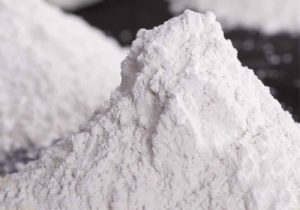
CP-992 Organophilic clay
CP-992 Organophilic Clay, the wet process improved viscosifier and gelling agent . It is a rapidly dispersing.
Gelling agents organoclay is a kind of white powder organo bentonite, which is a modified bentonite clay. It mainly helps you to make the whole formula have excellent rheological properties in the production process, so many people also call it rheological agent.If you just need this product, Camp Shinning is a supplier and

CP-992 Organophilic Clay, the wet process improved viscosifier and gelling agent . It is a rapidly dispersing.

CP-982 Organophilic Clay is an amine treated bentonite with a moderate temperature performance.

CP-150 Organophilic Clay is a self-activating organoclay that disperses easily and performs well in diesel, low aromatic mineral oil, modified vegetable oil, and synthetic base fluid formulations.


CP-10 organoclay is a rheological additive made of organoclay. It is used in non-polar to moderately polar aliphatic and other solvent systems

CP-MPZ organoclays is an modified bentonite that is used in solvent and resin systems ranging from non-polar to highly polar.

The CP-MPS rheology modifier is a type of organo clay rheological additive that is used in solvent and resin systems ranging from non-polar to high polarity.
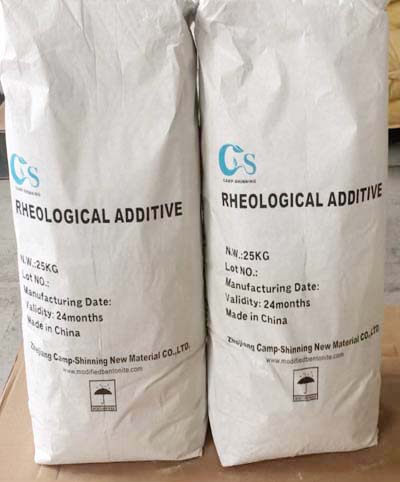
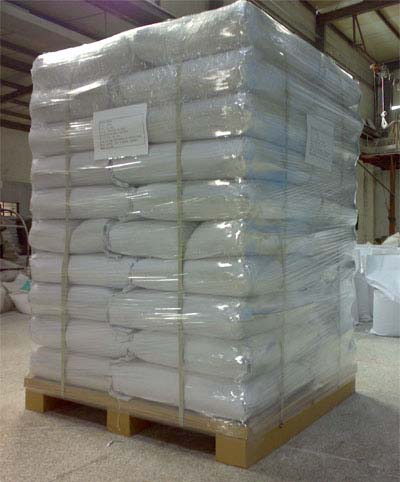
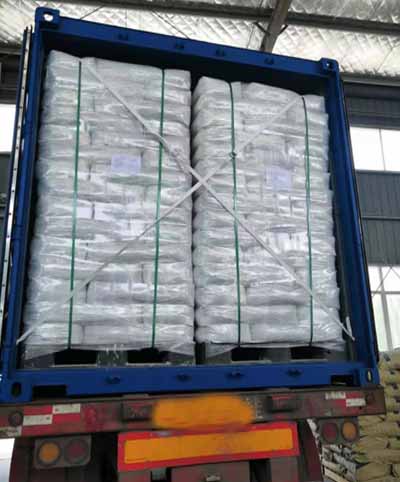
Organoclay Supplier / Manufacturer :
Internet address: https://www.rheologymodifiers.com/
Email address: [email protected]
Whatsapp / Wechat: +86-13185071071
Organophilic Clay Supplier / Manufacturer :

CP-EW Organoclay for Water Based paint. It is primarily employed in water borne paint systems,such as latex paint. So it is a good water based additive in paints,coatings,grease etc.

CP-EWS Modified bentonite It is employed in a water-borne coatings system. CP-EWS organoclay outperforms CP-EW in terms of thixotropy, transparence, and dispersion.

CP-WBS Rheology Modifier is rheological modified bentonite. It is mostly employed in water-borne systems.


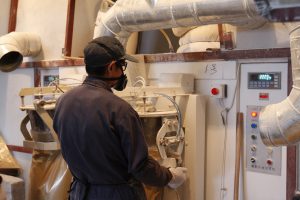
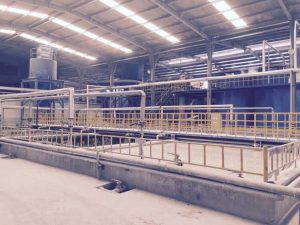
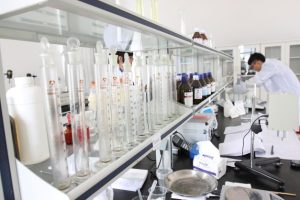
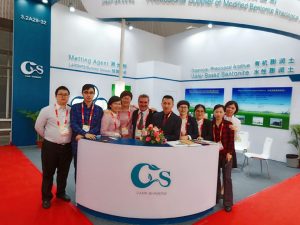
The Organoclay bentonite | Organophilic clay -specialized Zhejiang Camp-Shinning New Material CO.,LTD. and Hangzhou Camp-Shinning CO.,LTD. are subsidiaries of Camp-Shinning.
Camp-shinning concentrated on high value-added, high-technology organo bentonite series products, particularly in research, development, manufacturing, and sales of organic (solvent based organoclay) and inorganic bentonite (water based organoclay).
Our Organophilic bentonite clay finds widespread application in oil drilling mud, paint, coating, lubricating grease, adhesive, construction mortar, cosmetics, and waste water treatment, among other applications. A group of world-class professional users and distributors, such as SUN CHEMICAL,,SIEGWERK,LEHMANN &VOsS, and others, have acknowledged our dependable quality.
Current annual production of organic bentonite clay | organoclay is 20,000 metric tons, while refined bentonite production is 15,000 metric tons.
Our ISO 9001 quality system certification and IS014001 environmental management system certification, as well as our own mine with superior ore quality and production of proprietary technology, ensure the long-term quality and supply stability of our Organoclay bentonite | Organophilic clay.
Our mission is to provide users with superior Organoclay bentonite | Organophilic clay and services and to collaborate with them to achieve success and glory.
Internet address: https://www.rheologymodifiers.com/ and email address: [email protected]
Whatsapp / Wechat: +86-13185071071
Organoclay | Organophilic Clay CP-2 also named amine treated Bentonite.
In diesel oil based fluids,organophilic clay viscosifier CP-2 are used to increase carrying capacity and suspension properties, providing support for weight materials and improved cutting removal. Organophilic bentonite also aids in filter-cake formation and filtration control.
Properties
Composition Organically modified bentonite clay
Physical appearance Off white to tan free-flowing powder
Moisture content (105℃,2hr) ≤4%
Particle size (<76μm or 200mesh) ≥95%
Specific Gravity 1.6-1.8
Advantages
Effective viscosifier and gellant
Aids control of fluid loss to the formation
Increases emulsion stability
Improves cuttings carrying and hole cleaning capacity
Suspends weighting materials and other solids
Confers temperature stability to the fluid
Application
Base oil:
Diesel Oils
Crude Oils
Mineral Oils
Synthetic Oil
Viscosifying drilling Fluids:
Oil based drilling fluids
Invert emulsion fluids
Workover fluids
Completion fluids
Casing packs
Packer fluids
Spotting fluids
Package
Organoclay | Organophilic Clay CP-2 is packed in 50lb(22.7kg) or 25kg/bag or customized,multi-wall paper sacks or Kraft paper bag with PE liner or customized.
Storage
CP-2 Store in a dry, well-ventilated area with temperature of 0℃-30℃. Keep container closed. The quality guarantee period is 24 months.
Notice
The information on use is based on data which are believed reliable, but any recommendation or suggestion made is without guarantee or warranty, since the conditions of use are outside our control. All products are sold on the conditions that purchasers shall make their own tests to determine the suitability of such products for their purpose and that all risks are assumed by user. We disclaim any responsibility for damages resulting from careless or improper handling or use. Nothing herein is to be taken as permission, inducement or recommendation to practice any patented invention without a license.
Internet address: https://www.rheologicaladditive.com/ and email address: [email protected]
Whatsapp / Wechat: +86-13185071071
Gelling agents organoclay By combining quaternary ammonium compounds with bentonite-type clay, organoclay gelling agents are created. Organic liquids including lubricating oils, linseed oils, and toluene can thicken and gel thanks to this interaction. Cations interact with the clay’s exchangeable ions to produce the reaction by ion exchange. Compared to untreated clays, the treatment enhances the clays’ ability to gel and decreases the need for additional gelling chemicals. Particularly helpful in lubricating inks and greases are organophilic clays. Thermoplastics can also benefit from the use of organoclays. They provide carbon-carbon double bonds, acting as chain transfer agents. They can also be used to deink wastepaper. Thermoplastics and latex paints both use them as thickeners. Clays of the smectite type can be pugmilled to give them better characteristics. The ideal method is feeding the clay through a pugmill with apertured plates at the tapered output end. After that, the slurry is centrifuged to separate out the abrasive and non-clay components that could harm the mill’s parts. Crystallites are the basic unit of clay mineral cells. Tetrahedral layers are arranged in sheets that are uniformly distributed in space. An interleaf, which may be filled with water or cations, separates the sheets. The sheet becomes electroneutral as a result. Organoclay dispersions’ viscoelastic characteristics rely on how hydrophobic the surfactant being utilized is. The elastic characteristics of the surfactant increase with its hydrophobicity. The use of these kinds of organoclays to stabilize emulsions has this as a key benefit. They can also be employed to enhance suspensions’ flow characteristics. Gelling agents organoclay A preactivator blend typically contains sodium montmorillonite or hectorite, both of which have a high hydrophilicity. They can transform from hydrophilic to organophilic thanks to their strong cation-exchange capacity. Gelling agents organoclay The substance functions as a coating agent and rheological additive in organic media. It can be applied to a number of chemical processes, including the synthesis of catalysts. It can be dissolved in organic solvents and is very soluble in water. Organoclays’ surface wetting characteristics might vary. Quaternary ammonium salts, such as dimethyl dihydrogenated tallow, methyl benzyl dihydrogenated tallow, or phosphonium chloride, are used to create hydrophobic organoclays. Gelling agents organoclay Organoclays with self-activation capabilities outperform nonpolar systems. This has been made possible by a number of industrial processes, including the overtreatment of quaternary amines and the use of polar activators with low molecular weight. Overtreating the clay with 10 to 25 percent too much quaternary amine is one of the most popular techniques. Montmorillonite Organoclay is a naturally occurring phyllosilicate that has undergone organic modification. It retains the lamellar structure of its parent phyllosilicate and has a large number of covalently bound organic moieties. It has a large surface area and can be used to separate oil as well as to thicken drilling fluids that contain oil. Aluminum oxide and silicon oxide are the two different types of oxides that make up montmorillonite. Al2O3 and SiO2 are the two predominant components. An arrangement of four or six layers of oxides is used. An electrostatic or van der Waals force holds the layers together. A large part of the removal of harmful heavy metals from aqueous solutions is played by montmorillonite. Compared to kaolinite, it has a higher capacity for adsorption. Additionally, it can be utilized to increase the bioavailability of hydrophobic substances and the solubility of drugs.
Organoclay Supplier / Manufacturer :
Internet address: https://www.rheologymodifiers.com/
Email address: [email protected]
Whatsapp / Wechat: +86-13185071071
Organophilic Clay Supplier / Manufacturer :

CP-180 organoclay is an organo clay rheological additive (modified montmorillonite) designed specifically for use in solvent-based systems

CP-34 organoclay is a modified bentonite that has been specifically designed for use in solvent-based systems.

CP-EDS modified bentonite is a kind of organo clay rheological additive. It is used in systems of medium polarity and high polarity system.
Gelling agents organoclay